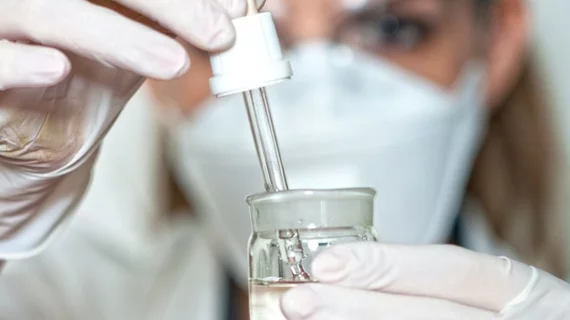Animal testing no longer required for all new drugs approved by FDA
A new law has done away with requirements for animal testing for drugs in development to be considered for approval by the U.S. Food and Drug Administration (FDA).
The FDA Modernization Act 2.0 was approved by Congress late last year and signed into law by President Biden. The FDA had mandated that experimental drugs must be tested on animals before they are used on humans in clinical trials, and the new law eliminates that mandate. The bill was included in the larger omnibus spending bill.
The bill was first introduced by Sens. Rand Paul (R-KY) and Cory Booker (D-NJ) in the Senate, and it was approved unanimously.
“The FDA Modernization Act 2.0 will accelerate innovation and get safer, more effective drugs to market more quickly by cutting red tape that is not supported by current science, and I’m proud to have led the charge,” Paul said in a statement. “The inclusion of this bipartisan effort is a step toward ending the needless suffering and death of animal test subjects––which I’m glad both Republicans and Democrats can agree needs to end.”
Notably, the law does not eliminate animal testing, but it does enable the FDA to consider non-animal testing methods for experimental drugs. Animal rights groups, including PETA, applauded the law, which said the change is “a radical shift in the way drugs and treatments are developed.”
Other groups, such as the National Association for Biomedical Research (NABR), have held the belief that animal testing is an important part of research to understand complex “questions of disease progression, genetics, lifetime risk or other biological mechanisms of a whole living system that would be unethical, morally unacceptable or technically unfeasible or too difficult to perform in human subjects.”
“The most common laboratory animal in biomedical research are purpose bred rats and transgenic mice,” NABR stated on its website. “In fact, approximately 95% of all warm-blooded laboratory animals are rodents. The contributions made by these animals and other species help researchers answer questions of biological uncertainty and are necessary and critical to the advancement of both human and animal health.”

